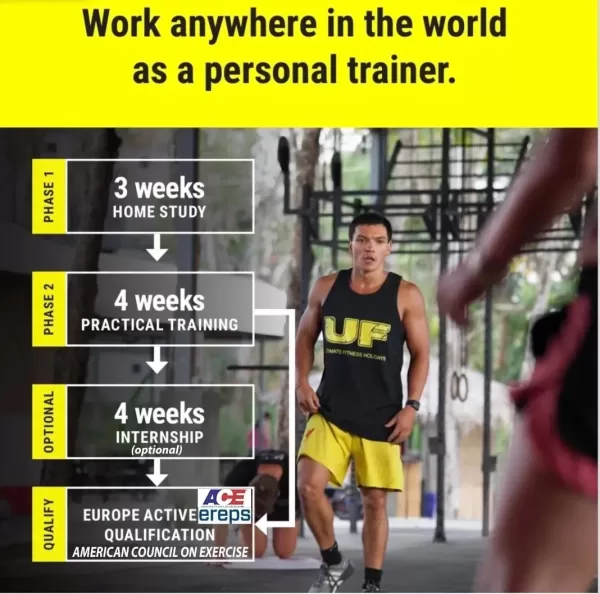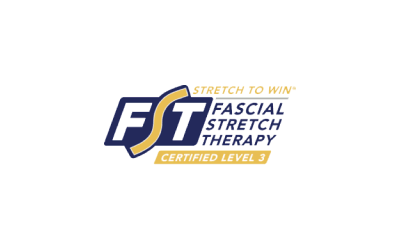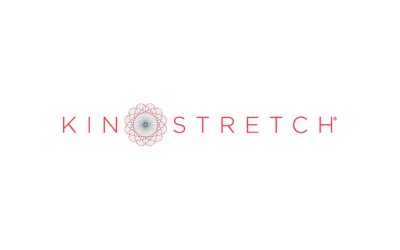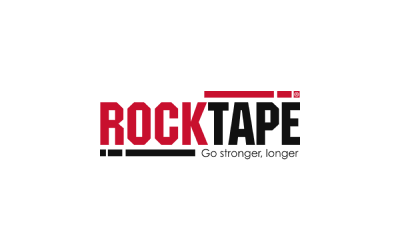Join the conversation.
In a world inundated with healthcare crises, it seems paradoxical that there is a perception of little to no profit in promoting and maintaining the health of individuals. The juxtaposition of a deteriorating healthcare system, coupled with the failures of the fitness and food industries, has created an environment where the pursuit of health appears to be a futile endeavor. This article delves into the intricacies of this paradox, exploring how societal factors and systemic issues contribute to the prevailing belief that there is no money or profit to be made in healthy people.

The Deteriorating State of Healthcare:
One of the key contributors to the perception that there is no profit in healthy people is the state of global healthcare systems. Many countries grapple with overburdened and underfunded healthcare infrastructures, leading to a reactive rather than proactive approach to health.
The focus on treating illnesses and injury rather than preventing them has created an environment where pharmaceutical companies and medical interventions thrive while preventive measures take a back seat.
Additionally, specific to the NZ region, the limitations of the ACC system not prioritising integrative whole body treatment, combined with the rising profits from allied health clinics via the 20minute appointment system ACC allows, have made it far too financially appealing for clinic owners to drive injury management vs prioritsing full rehabilitation and preventative care. The more re-occurring injuries, the more patients, the more profit is derived.
We are sorry ACC, your tag line of “prevention.care.recovery” supported by an over-priced TV advert of “have a hmm” isn’t a preventative measure at all. We are yet to witness any form of preventative strategies from you. It’s time to get real about what prevention actually is for the sake of the NZ population and the huge funds you receive year on year!

Failures of the Fitness Industry:
While the fitness industry ostensibly exists to promote a healthy lifestyle, its failings contribute to the prevailing perception that there is no money in healthy people.
From allowing individuals to be “qualified” to train the human body in as little as 6 weeks, enticed with promises to earn up-to and beyond “6 figure salaries”, through to over-emphasis on quick fixes, fad diets, and unrealistic body standards from “influencers” has led to a disillusioned consumer base.
Many fitness companies & professionals prioritise short-term gains over long-term well-being, promoting products and services that promise rapid results but often result in high injury rates and/or compromise health in the process.
8-week challenges, unintentionally or otherwise focusing on weight loss, just need to cease – immediately! End of conversation.
Moreover, the exclusivity and elitism associated with certain fitness trends can alienate individuals, making them feel that achieving good health is an unattainable goal. This discourages many from investing time and money in activities that could genuinely contribute to their overall well-being.

Challenges in the Food Industry:
The food industry, a major player in the health and wellness ecosystem, also faces its share of challenges. The prevalence of producers enticed by the promise of export profits, prioritising export over local distribution to help the government with their GDP targets, combined with the supermarket superpowers driving buying prices down and retail prices achieving sky-high levels, drives consumers to reaching for affordability.
Unfortunately, affordability for the end consumer drives deceptive marketing practices by some food companies, greenwashing un-healthy products as nutritious despite them being heavily processed and unhealthy food options, contributing to the perpetuation of chronic diseases whilst simultaneously further eroding public trust, in the potential for profit in genuinely healthy options.
This scepticism, combined with the affordability and availability of unhealthy alternatives (dressed up to be healthy or otherwise), reinforces the belief that there is little financial incentive in promoting a healthy diet.
Conclusion:
The paradox of perceiving no profit in healthy people is a complex interplay of societal, systemic, and industry-related factors.
To break free from this paradox, a paradigm shift is necessary.
Governments need to invest in preventive healthcare measures, and the fitness and food industries should prioritize long-term well-being over short-term gains and maximum profits.
Aligning economic incentives with the promotion of good health can dispel the notion that there’s no money or profit in healthy individuals.
Ultimately, a healthier population benefits society as a whole, creating a world where the pursuit of well-being is not only feasible but economically advantageous.
However, there are still options available to you. This comes from the power of choice.
You can chose to remain in the status quo, and allow “age”, our food industry, failing medical systems etc. etc. to deal you an upregulated and uncomfortable degeneration, or you can chose to take ownership of yourself and seek alternatives around these challenges and control the speed of our natural degeneration that comes with being alive and live everyday free, mobile and healthy(ier). Either way the choice is in your hands.




